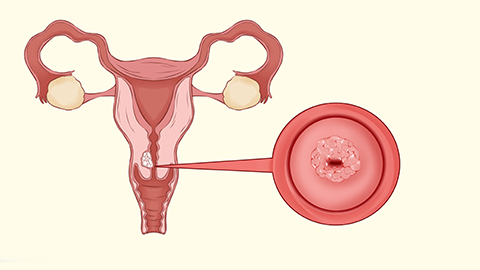What diseases can HPV virus cause?
Generally, HPV refers to human papillomavirus, which may cause diseases such as cervical cancer, anal cancer, genital warts, vulvar cancer and vaginal cancer, as well as oral and throat cancers. A detailed analysis is as follows:
1. Cervical Cancer
Persistent infection with high-risk HPV types, such as types 16 and 18, can lead to integration of the viral genome into the host cell DNA, causing abnormal proliferation of cervical epithelial cells. Long-term infection may progress to precancerous lesions and eventually cervical cancer, which is one of the most common gynecological malignancies in women.

2. Anal Cancer
High-risk HPV types, especially type 16, are the main causes of anal cancer. Individuals at higher risk include men who have sex with men and those with weakened immune systems. Viral infection can lead to anal intraepithelial neoplasia, which may progress to cancer.
3. Genital Warts
Caused by low-risk HPV types such as 6 and 11, genital warts manifest as cauliflower-like or papillary outgrowths on the genitalia or around the anus. These lesions are highly contagious and, although benign, tend to recur easily, affecting the patient's quality of life.
4. Vulvar Cancer and Vaginal Cancer
Persistent infection with high-risk HPV types is a major cause of these cancers. They are often associated with vulvar intraepithelial non-neoplastic lesions or vaginal intraepithelial neoplasia. Symptoms may be subtle in early stages, but pain and bleeding may occur in advanced stages.
5. Oral Cancer and Throat Cancer
Infection with high-risk HPV types, such as type 16, through oral sex can lead to malignant transformation of oral mucosal or laryngeal epithelial cells. The incidence of these cancers has been increasing in recent years, particularly among younger populations.
Diseases caused by HPV infection are primarily malignant tumors and benign proliferative lesions. Preventive measures such as HPV vaccination and regular screening can help reduce the risk of these diseases. If related symptoms appear, timely medical consultation is recommended for accurate diagnosis and standardized treatment.







